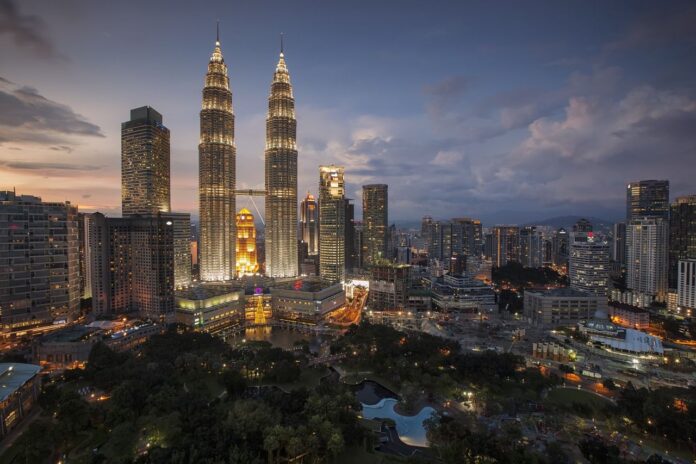Caught in the throes of a pandemic lockdown once again, there’s growing disquiet among the Malaysian trade that the government has not done enough to address the issues and alleviate the hardship battered tourism members are facing.
With record daily cases of Covid-19 infections soaring past the 3,000 figures over the past few weeks, a two-week Movement Control Order began Wednesday (13 January) for eight states and territories, including Kuala Lumpur and the states of Sabah, Selangor, Penang and Johor where the lockdown will remain in force until 26 January.
Other states would have less stricter lockdowns imposed. Hotels would be allowed to operate, but tourism activities would cease during this period and interstate travel would not be permitted.
Malaysian Prime Minister Muhyiddin Yassin had also declared a state of emergency that will remain in force until 1 August, ostensibly to focus on flattening the pandemic curve and easing the burden on health facilities while also preventing any possibility of any form of elections.
The latest round of pandemic measures are adding to the strains the beleaguered tourism is already facing.
Tan Kok Liang, president of the Malaysian Association of Tour and Travel Agents, urged the government to be proactive and come up with an enhanced and targeted rescue plan for tour and travel agents in light of the two recent announcements.
“Tour and travel agents are in extreme distress due to the very fragile and uncertain business environment, which is expected to continue late into 2021. We have been battling with collapsing revenue and liquidity problems since the start of the pandemic,” said Tan.
For 2020, Tan estimated that the pandemic had contributed to an estimated loss exceeding RM100 billion (US$24.8 billion) while 95 tourism agencies and activities operators have ceased operation.
Malaysian Association of Hotels (MAH) CEO Yap Lip Seng stressed the need for the government to balance public health with versus livelihood, as tourism-related businesses would again expect to lose all revenue streams amid the current lockdown.
Without government support, Yap expressed his worries that businesses would not be able to retain its people or pay their salaries. He noted that since last year at least 6% of hospitality staff had been let go while some were on pay cut or unpaid leave, based on a MAH survey conducted in April 2020.
“The current wage subsidy of RM600 per month per employee, which has been extended till March, is insufficient. We propose a wage subsidy of 50% for employees within pay structure below RM4,000 and 30% for those up to RM8,000,” he added.
There are no specific grants for the hotel industry, which a financing scheme for SMEs is not serving its purpose as the qualifying terms make it difficult for stakeholders to apply, noted Yap. And with the hospitality sector already grappling with losses for almost a year, financing might not be the answer as it would involve more debts, he added.


























